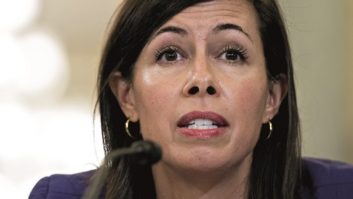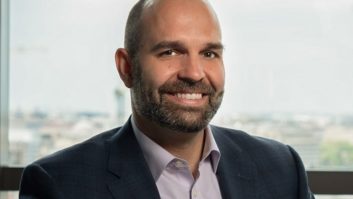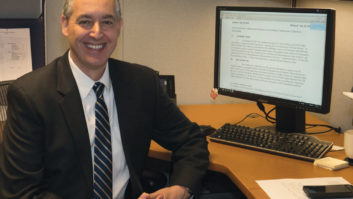“We won on almost every point,” said Andrew Jay Schwartzman of Media Access Project. He was quoted by Prometheus Radio Project, reacting to a decision this week by a federal appeals court.
Schwartzman had argued the case on behalf of Prometheus. Other organizations working that side of the case were Free Press, the Georgetown Institute for Public Representation, Media Alliance and United Church of Christ.
The organization is positioning the outcome as the “second major victory” for Prometheus in recent months, the first being the signing of the Local Community Radio Act in January. It quoted Schwartzman calling the decision “a vindication of the public’s right to have a diverse media environment.”
Prometheus said the court this week rejected FCC attempt to deregulate media ownership further. “The court threw out FCC rules that would have allowed one company to own a newspaper and broadcast stations in the same market. The court also upheld the FCC’s other limits on local broadcast ownership, and agreed with Prometheus and other public interest groups that the FCC failed to consider the impact of its rules on women and people of color.”
Prometheus Policy Director Brandy Doyle said, “We’ve won these battles, but we must continue to push the FCC to do the right thing for community radio. Industry voices always have the ear of the FCC, but thanks to the nationwide clamor for a better media, we have their attention now.”
She said the group is anticipating the announcement by the FCC of rules to implement the new law next week. “The rules must comply with a mandate from Congress to ensure that channels will be available for low-power FM community radio in urban markets. They will set a balance between low power stations and translators, which repeat the signals of larger stations. … Commercial broadcasters must share the airwaves with the urban churches, schools and non-profits who have waited more than a decade to serve their communities with radio.”
The NAB’s statement after the decision was more terse. Executive Vice President of Communications Dennis Wharton was quoted: “There have been sweeping changes in the media landscape since most of the broadcast ownership rules were adopted decades ago. NAB believes that modest reform of rules to allow free and local broadcasters to compete successfully in a universe of national pay TV and radio platforms is warranted.”












